Home>Garden Essentials>What Are Cumin Seeds Used For
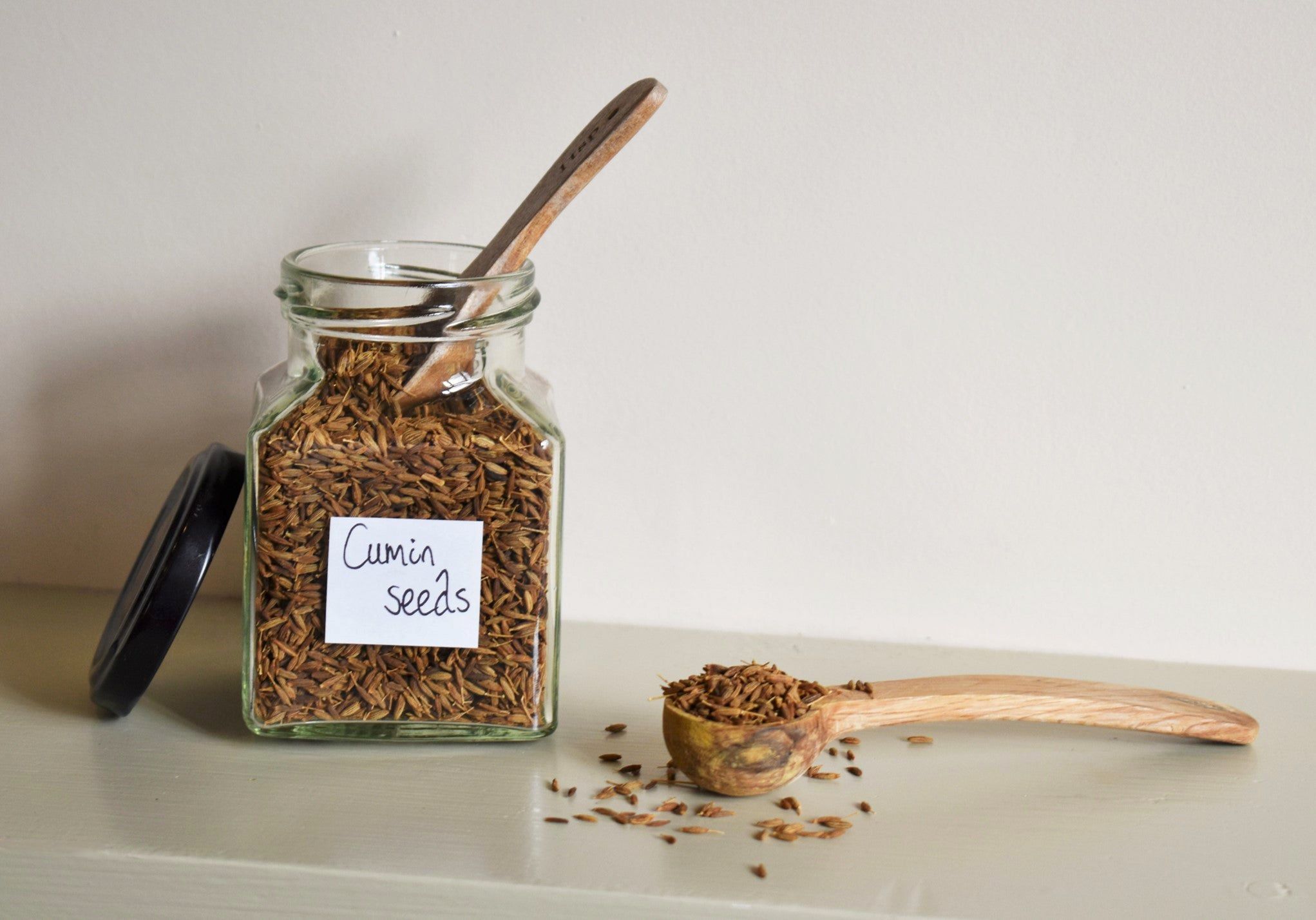

Garden Essentials
What Are Cumin Seeds Used For
Modified: March 21, 2024
Discover the various uses of cumin seeds in your garden. Learn how to grow, harvest, and use cumin seeds to enhance the flavor of your dishes.
(Many of the links in this article redirect to a specific reviewed product. Your purchase of these products through affiliate links helps to generate commission for Storables.com, at no extra cost. Learn more)
Introduction
When it comes to adding depth and flavor to our favorite dishes, herbs and spices play a vital role. Among the many spices used in cooking, cumin seeds are known for their distinctive aroma and taste. These tiny, elongated seeds are a staple in many culinary traditions and are widely used around the world.
In addition to their role in enhancing the flavor of various dishes, cumin seeds also offer a range of health benefits. From aiding digestion to fighting inflammation, these seeds have been utilized for centuries in traditional medicine practices.
In this article, we will delve into the wonderful world of cumin seeds, exploring their culinary uses, medicinal benefits, and traditional remedies. We will also explore the nutritional value of cumin seeds and their significance in Ayurveda and traditional medicine. So, get ready to discover the wonders of cumin seeds and how they can enhance both your meals and your well-being.
Key Takeaways:
- Cumin seeds are more than just a flavorful spice – they aid digestion, reduce inflammation, and offer essential nutrients. They have a rich history in global cuisines and traditional medicine, making them a versatile and beneficial addition to your meals.
- From enhancing the taste of dishes to promoting digestive health, cumin seeds offer a world of culinary and medicinal benefits. Their warm, earthy flavor and nutritional value make them a valuable ingredient with a long history of traditional use.
Read more: What Is Cumin Seeds Good For
History and Origin of Cumin Seeds
Cumin seeds have a rich history that dates back thousands of years. It is believed that cumin originated in the eastern Mediterranean region and the Middle East, where it has been cultivated for more than 5,000 years. Ancient Egyptian texts mention cumin seeds as a culinary and medicinal spice.
From its origin, cumin seeds spread across Europe and Asia, becoming a popular spice in various cuisines. The ancient Greeks and Romans valued cumin seeds for their culinary properties, and they were commonly used in cooking and preserving food.
During the Middle Ages, cumin seeds played a crucial role in the spice trade. They were highly sought after for their flavor and medicinal benefits. Arab traders introduced cumin seeds to India, where they were embraced and became a fundamental component of Indian cuisine.
Today, cumin seeds are grown in various parts of the world, including India, Iran, China, Turkey, and Mexico. They are harvested from the dried fruit of the Cuminum cyminum plant, which is a member of the parsley family.
The unique flavor of cumin seeds is characterized by their warm, earthy, and slightly bitter taste. They have a distinct aroma that adds depth to dishes, making them a beloved spice in culinary traditions worldwide.
With their long and storied history, cumin seeds have become an integral part of global cuisines, adding their signature flavor to dishes ranging from curries and soups to roasted vegetables and homemade bread.
Now that we’ve explored the history and origin of cumin seeds, let’s dive into their culinary uses and discover how they can transform everyday dishes into flavorful masterpieces.
Culinary Uses of Cumin Seeds
Cumin seeds are an incredibly versatile spice that can elevate the flavor profile of numerous dishes. They are commonly used in both whole and ground form, depending on the desired intensity of flavor.
In Indian cuisine, cumin seeds are a staple spice, often used as a tempering agent. To release their aromatic oils, the seeds are typically roasted in hot oil or dry-roasted before being added to the dish. This simple step enhances their nutty and slightly smoky flavor, giving a unique taste to curries, dals (lentil dishes), and vegetable stir-fries.
In Middle Eastern and Mediterranean cuisines, cumin seeds are prevalent in dishes such as falafel, hummus, and tzatziki. Their warm and earthy flavor complements the ingredients in these dishes, creating a balanced and savory taste. They are often used in spice blends like za’atar and baharat to add depth to grilled meats and roasted vegetables.
The bold flavor of cumin seeds also makes them a popular addition to Mexican and Latin American cuisines. In dishes like chili con carne, guacamole, and salsa, cumin seeds are used to infuse a distinctive smoky and spicy note that enhances the overall taste. Ground cumin is a key component of popular spice blends like chili powder and taco seasoning.
Besides these regional cuisines, cumin seeds can be incorporated into various global dishes. They can be added to soups, stews, and marinades to enhance the overall flavor profile. The seeds can also be used in bread and pastry dough to add a touch of warmth and complexity.
Whether used in whole or ground form, cumin seeds have the power to transform ordinary dishes into extraordinary culinary experiences. With their versatile nature and incredible flavor profile, cumin seeds have rightfully earned a place in kitchens around the world.
Now that we’ve explored the culinary uses of cumin seeds, let’s move on to their medicinal benefits and discover how they can promote overall health and well-being.
Medicinal Uses of Cumin Seeds
Beyond their culinary applications, cumin seeds have been valued for their medicinal properties for centuries. These tiny seeds are packed with vitamins, minerals, and antioxidants that contribute to their numerous health benefits.
One of the notable medicinal uses of cumin seeds is their ability to aid digestion. The active compounds in cumin seeds help stimulate the release of digestive enzymes, which aids in the breakdown of food and enhances nutrient absorption. They can also help alleviate digestive discomforts such as bloating, gas, and indigestion.
Cumin seeds have also been traditionally used for their anti-inflammatory properties. The presence of antioxidants in the seeds helps reduce inflammation in the body, which may contribute to managing chronic inflammatory conditions such as arthritis. Regular consumption of cumin seeds may help alleviate pain and swelling associated with such conditions.
Moreover, cumin seeds have been recognized for their potential to support respiratory health. They possess antimicrobial and expectorant properties, which can help relieve symptoms of respiratory ailments such as coughs, colds, and bronchitis. Cumin seeds are often used in traditional remedies as a natural remedy for respiratory issues.
Furthermore, cumin seeds are known to support healthy weight management. They are thought to increase metabolism and promote fat burning, which can aid in weight loss efforts. Additionally, the fiber content in cumin seeds helps promote feelings of fullness and reduces the likelihood of overeating.
Additionally, cumin seeds are a rich source of iron and are often recommended for individuals with iron-deficiency anemia. Including cumin seeds in the diet can help boost iron levels and improve overall energy levels.
It’s important to note that while cumin seeds offer various potential health benefits, they should not be used as a substitute for professional medical advice. If you have any specific health concerns, it’s best to consult with a healthcare provider.
Now that we’ve explored the medicinal uses of cumin seeds, let’s dive deeper into the traditional remedies that incorporate these powerful seeds.
Cumin seeds are commonly used in cooking to add a warm, earthy flavor to dishes. They are often used in Indian, Mexican, and Middle Eastern cuisines, and can be used whole or ground for seasoning meats, vegetables, and soups.
Cumin Seeds in Traditional Remedies
Cumin seeds have long been used in traditional medicine practices around the world. From ancient Ayurveda to traditional Chinese medicine, these seeds have been incorporated into remedies for various ailments.
In Ayurveda, cumin seeds are believed to possess a unique combination of properties that help balance the doshas (energetic forces) in the body. They are considered to have a heating effect, which helps improve digestion and metabolism. Ayurvedic practitioners often recommend concoctions made with cumin seeds for digestive disorders like flatulence, bloating, and indigestion.
In traditional Chinese medicine, cumin seeds are used for their warming properties to help alleviate coldness and stagnation in the body. They are believed to promote blood circulation and stimulate the flow of energy, making them beneficial for conditions such as menstrual cramps and muscular pain.
Similarly, cumin seeds have been used in traditional medicine practices in other cultures. In Arabic traditional medicine, they are believed to enhance memory and cognitive function. In Mexican folk medicine, cumin seeds have been utilized to relieve stomachaches and improve digestion.
One popular traditional remedy is cumin seed tea. To prepare this, simply simmer a teaspoon of cumin seeds in a cup of water for about 10 minutes, then strain and drink. This soothing tea is commonly used to aid digestion, relieve bloating, and promote overall wellness.
Another traditional remedy is to use cumin seed oil topically. The oil can be applied to the skin to help alleviate inflammation, soothe irritation, and promote wound healing. However, it’s important to dilute the oil before use and perform a patch test to check for any allergic reactions.
While these traditional remedies have been practiced for generations, it’s essential to remember that scientific research on the effectiveness of cumin seeds’ traditional uses is still evolving. It’s always best to consult with a healthcare professional before using any herbal remedies.
Now that we have explored cumin seeds in traditional remedies, let’s delve into the nutritional benefits that these seeds offer.
Read more: What Does Cumin Seeds Look Like
Nutritional Benefits of Cumin Seeds
Besides their culinary and medicinal uses, cumin seeds are also packed with essential nutrients that contribute to their overall health benefits. These tiny seeds are a rich source of vitamins, minerals, and antioxidants.
One of the standout nutritional benefits of cumin seeds is their impressive iron content. Iron is an essential mineral that plays a crucial role in oxygen transport and energy production in the body. Incorporating cumin seeds into your diet can help boost iron levels, especially for individuals at risk of iron deficiency anemia.
Cumin seeds are also a good source of manganese, which is important for bone health, collagen production, and metabolism. Manganese is a cofactor for several enzymes involved in antioxidant defense, making it beneficial for overall health and well-being.
In addition to iron and manganese, cumin seeds contain other important minerals such as calcium, magnesium, and phosphorus. These minerals contribute to bone health, muscle function, and overall cellular health.
Furthermore, cumin seeds are rich in dietary fiber, which plays a vital role in maintaining a healthy digestive system. Fiber promotes regular bowel movements, helps maintain healthy blood sugar levels, and provides a feeling of fullness, which can aid in weight management.
Cumin seeds also possess antioxidant properties due to the presence of compounds like phenols and flavonoids. These antioxidants help protect the body against damage by free radicals, reducing the risk of chronic diseases such as heart disease, diabetes, and certain types of cancer.
Moreover, cumin seeds contain essential oils like cuminaldehyde, which not only contribute to their distinct aroma and flavor but also demonstrate antimicrobial and anti-inflammatory properties.
It’s important to keep in mind that while cumin seeds offer significant nutritional benefits, they should be consumed as part of a balanced diet. Incorporating a variety of fruits, vegetables, whole grains, and lean proteins are essential for overall health and well-being.
Now that we’ve explored the nutritional benefits of cumin seeds, let’s delve into their significance in Ayurveda and traditional medicine.
Cumin Seeds in Ayurveda and Traditional Medicine
Ayurveda, one of the oldest holistic health systems, has recognized the therapeutic properties of cumin seeds for centuries. According to Ayurvedic principles, cumin seeds possess a unique combination of tastes (rasa), energies (virya), and post-digestive effects (vipaka) that make them beneficial for balancing the body and promoting overall well-being.
In Ayurveda, cumin seeds are considered to have a heating effect, which is believed to improve digestion and metabolism. They are known to stimulate the digestive fire (agni), enhancing the absorption and assimilation of nutrients. This makes them useful in addressing digestive disorders like indigestion, bloating, and flatulence.
Furthermore, cumin seeds are believed to have a balancing effect on the doshas (energetic forces) in the body. In Ayurvedic terms, they are said to pacify Vata and Kapha doshas while potentially aggravating Pitta dosha if consumed in excess. By balancing the doshas, cumin seeds help maintain overall health and harmony within the body.
In traditional medicine practices across different cultures, cumin seeds have been used to address various ailments. For example, they have been used in traditional Chinese medicine to warm the body, promote blood circulation, and alleviate symptoms associated with coldness and stagnation.
Many traditional remedies incorporate cumin seeds for their potential medicinal benefits. Cumin seed tea, made by steeping the seeds in hot water, is often recommended to soothe digestive discomforts and promote overall digestive health.
In addition, cumin seed oil is utilized in traditional medicine to address skin inflammation, improve wound healing, and relieve joint pain. It is also believed to have antimicrobial properties, making it beneficial for skin infections and respiratory issues.
While scientific research is ongoing to validate the traditional uses of cumin seeds, their long history in these ancient healing systems speaks to their potential therapeutic value.
It’s important to note that while cumin seeds offer potential health benefits, each individual’s constitution and health condition may vary. It’s advisable to consult with a qualified Ayurvedic practitioner or healthcare professional before incorporating cumin seeds or any herbal remedies into your routine.
Now that we’ve explored cumin seeds in Ayurveda and traditional medicine, let’s summarize the key points we’ve covered.
Summary and Conclusion
Cumin seeds are small yet mighty, offering a plethora of culinary, medicinal, and nutritional benefits. With their rich history and global popularity, these seeds have become an essential ingredient in cuisines around the world.
From their origins in the Middle East to their spread across different cultures, cumin seeds have been cherished for their warm, earthy flavor and distinctive aroma. They are used in various forms, including whole and ground, to create flavorful dishes in Indian, Middle Eastern, Mexican, and other cuisines.
Beyond their culinary uses, cumin seeds have a long history of medicinal applications. They have been used to aid digestion, reduce inflammation, support respiratory health, and even promote weight management. Traditional medicine practices across different cultures have incorporated cumin seeds due to their potential therapeutic properties.
In addition to their medicinal benefits, cumin seeds offer notable nutritional value. They are a rich source of iron, manganese, calcium, and other minerals. Their high fiber content contributes to digestive health, and their antioxidants help protect against oxidative stress.
In Ayurveda, cumin seeds are recognized for their ability to balance the doshas and improve digestion. They are believed to have a heating effect, making them beneficial for various digestive disorders.
While cumin seeds have a long history of traditional use, it’s important to consult with a healthcare professional before using them for therapeutic purposes. Individual needs and conditions may vary, and professional guidance can ensure safe and effective usage.
In conclusion, cumin seeds are much more than a spice in the kitchen. They offer a range of culinary delights, along with potential health benefits rooted in traditional medicine practices. By incorporating these versatile seeds into your meals and exploring their medicinal properties, you can savor their flavor and potentially enhance your well-being.
So, let the aromatic journey with cumin seeds begin as you explore the diverse flavors and benefits that these tiny seeds have to offer!
Frequently Asked Questions about What Are Cumin Seeds Used For
Was this page helpful?
At Storables.com, we guarantee accurate and reliable information. Our content, validated by Expert Board Contributors, is crafted following stringent Editorial Policies. We're committed to providing you with well-researched, expert-backed insights for all your informational needs.
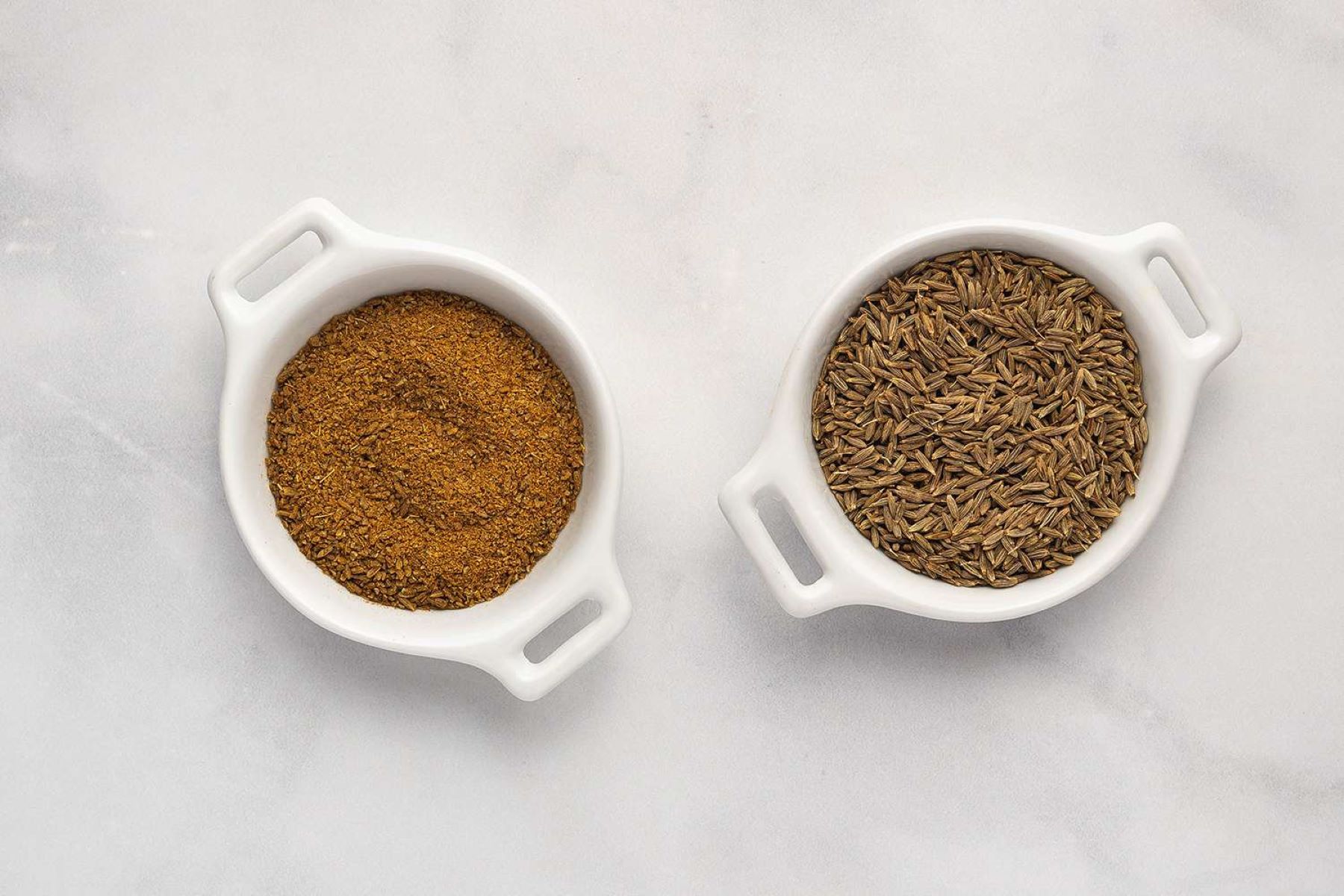
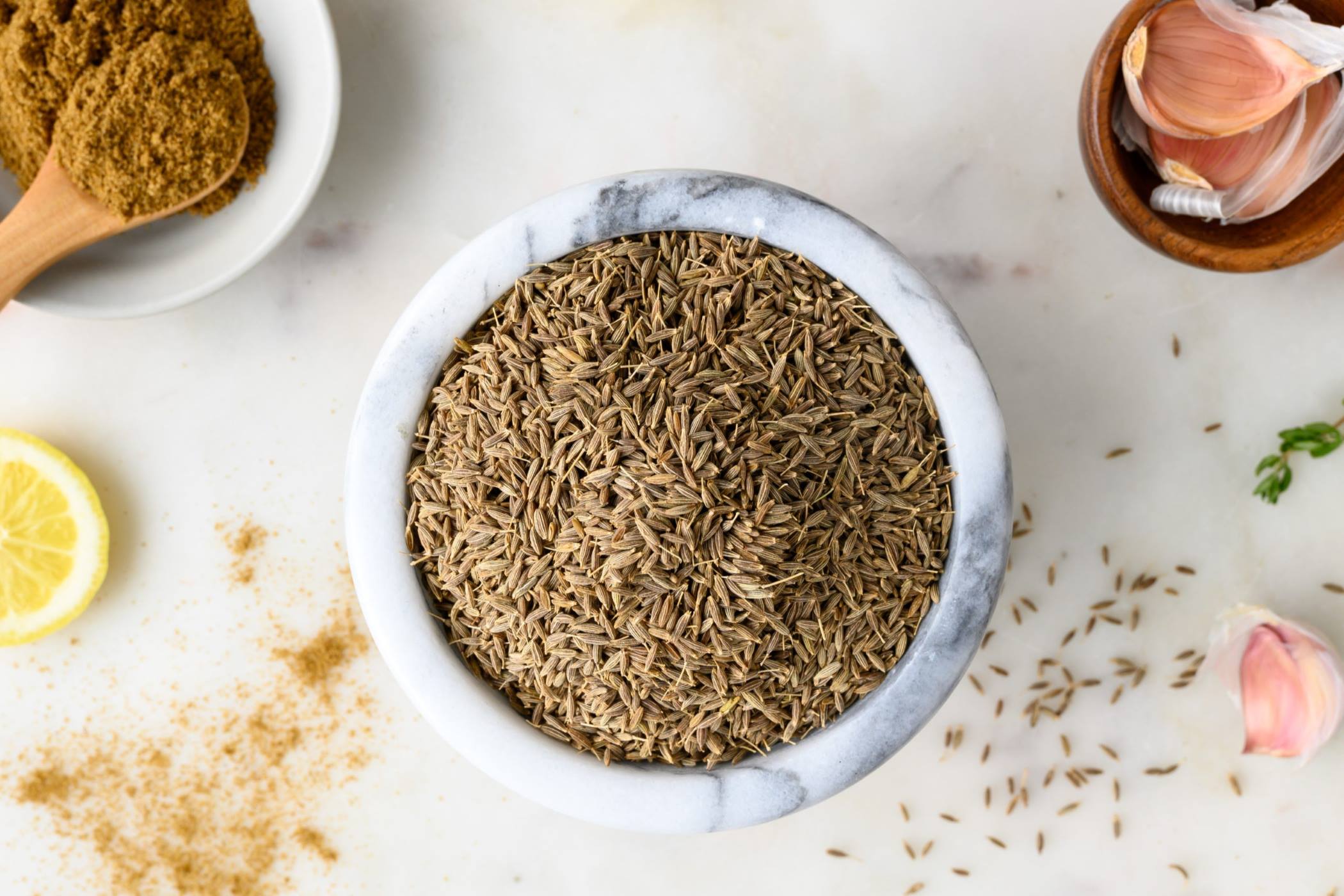
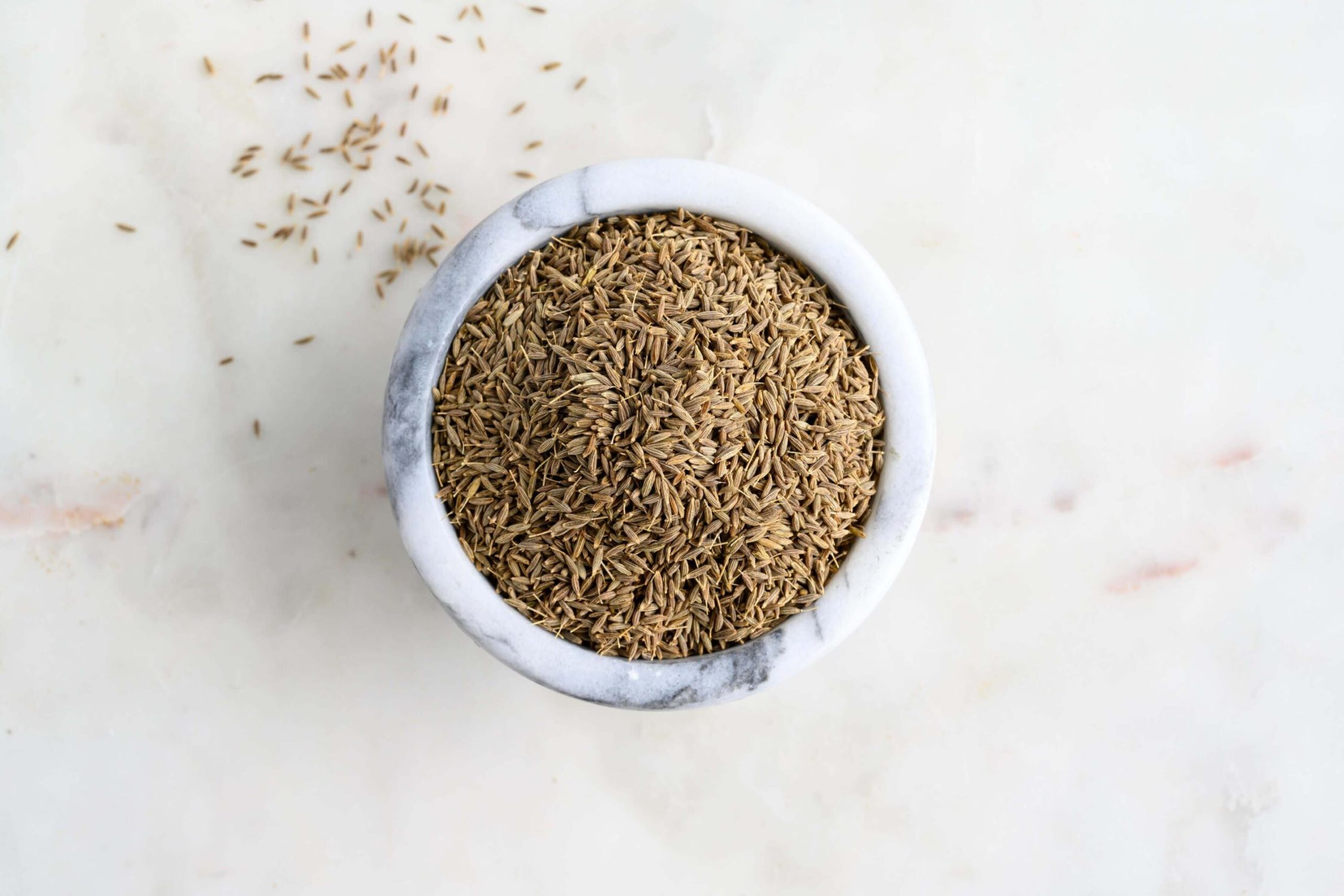
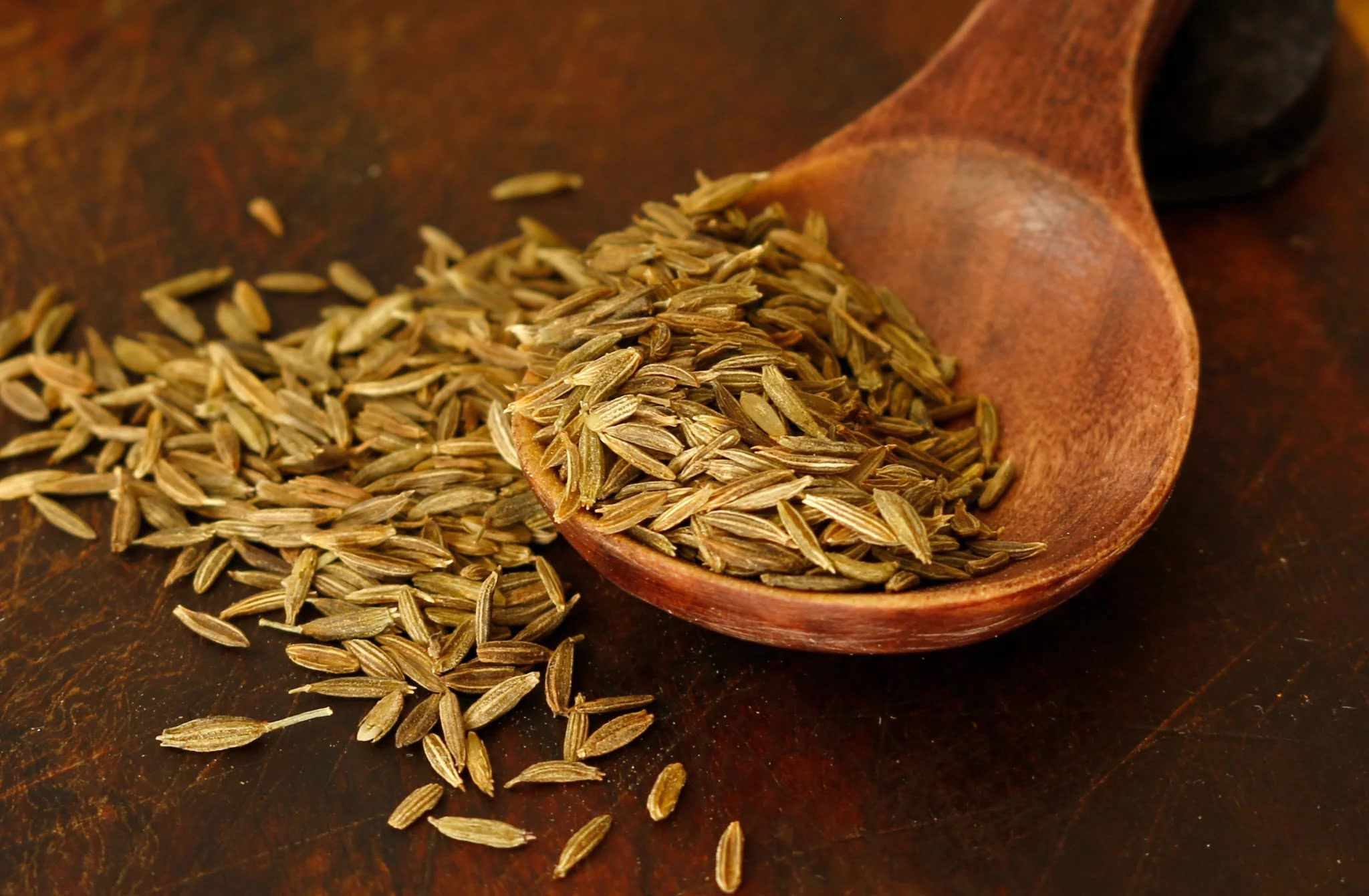
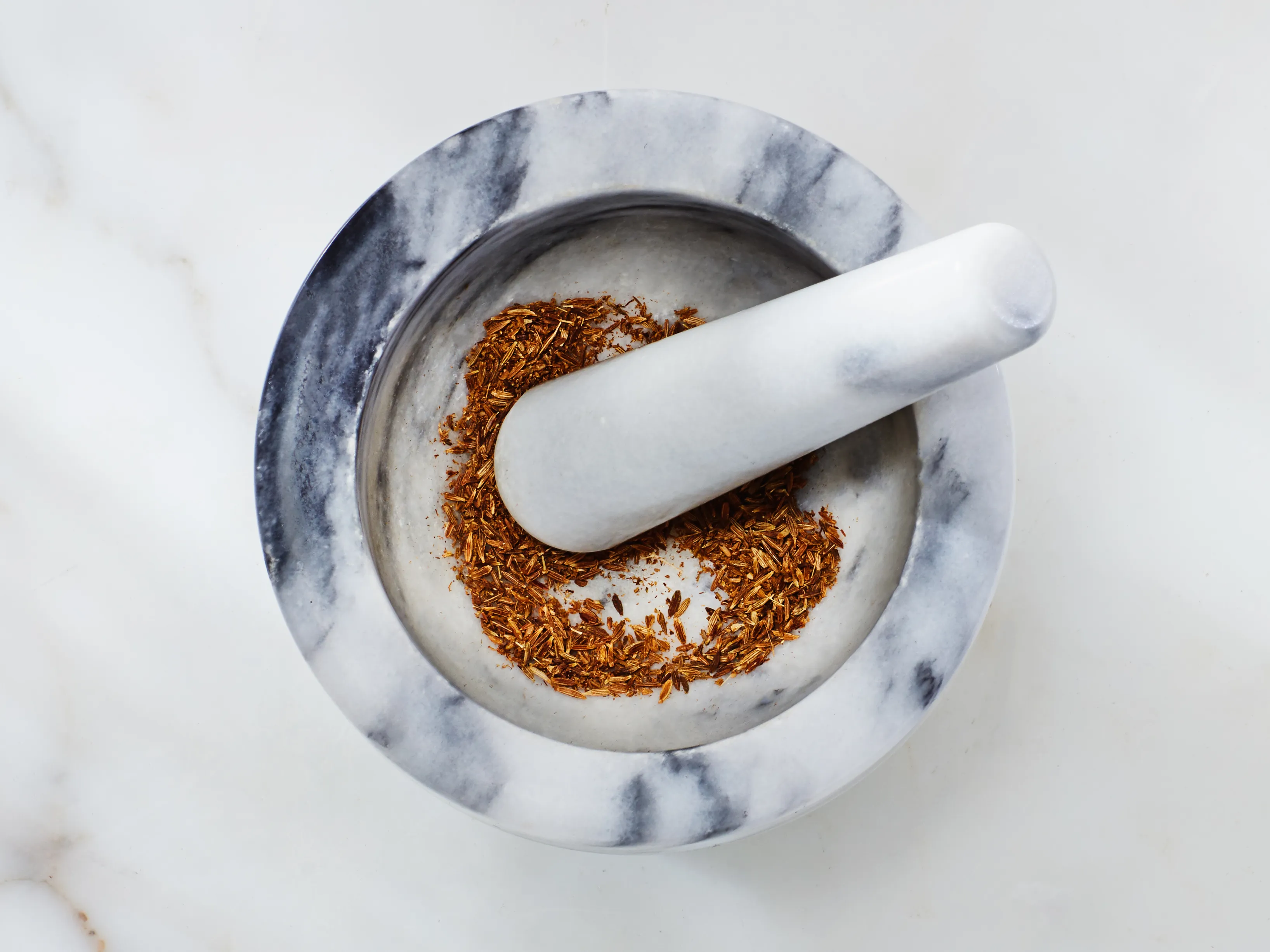
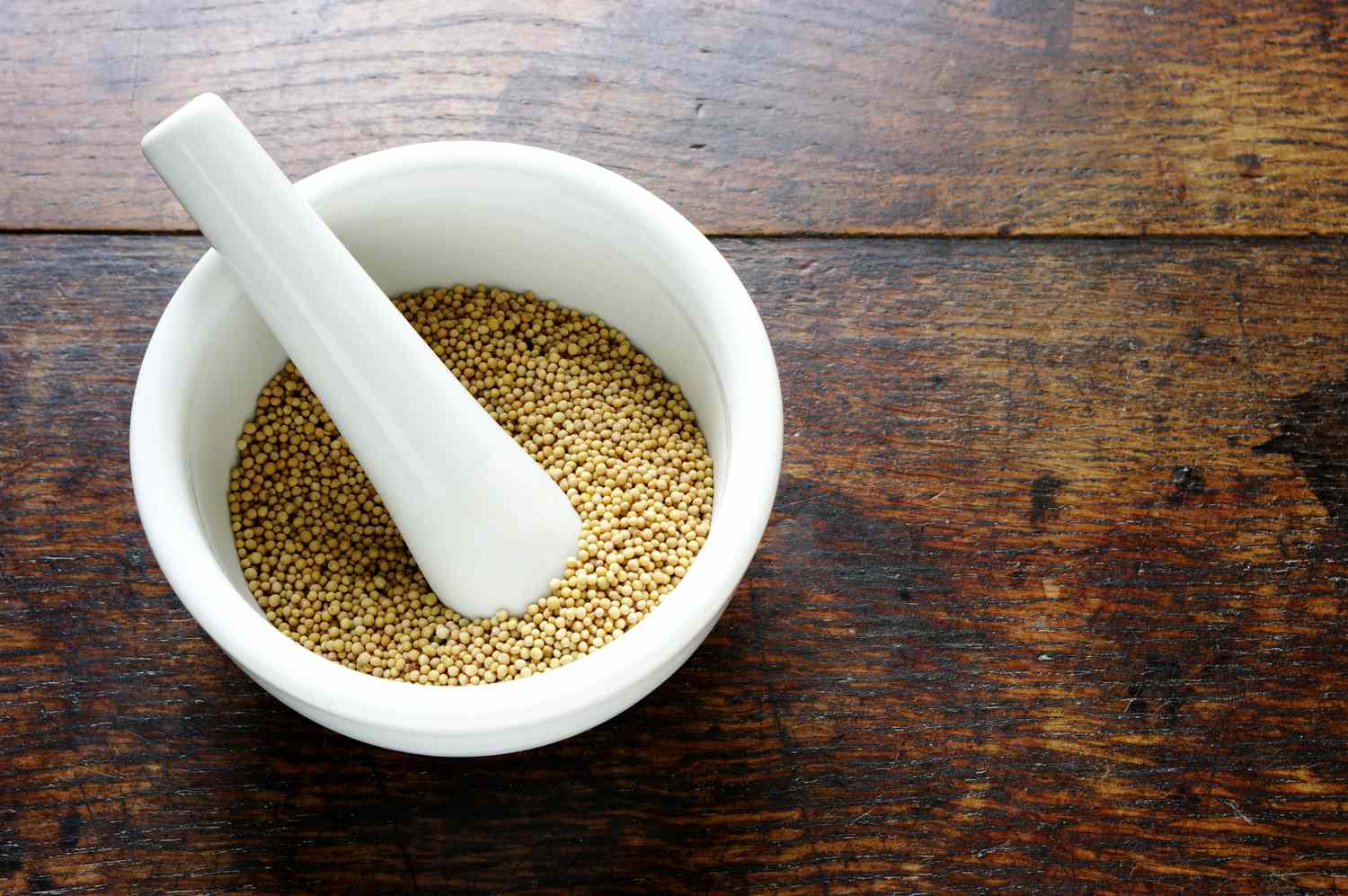

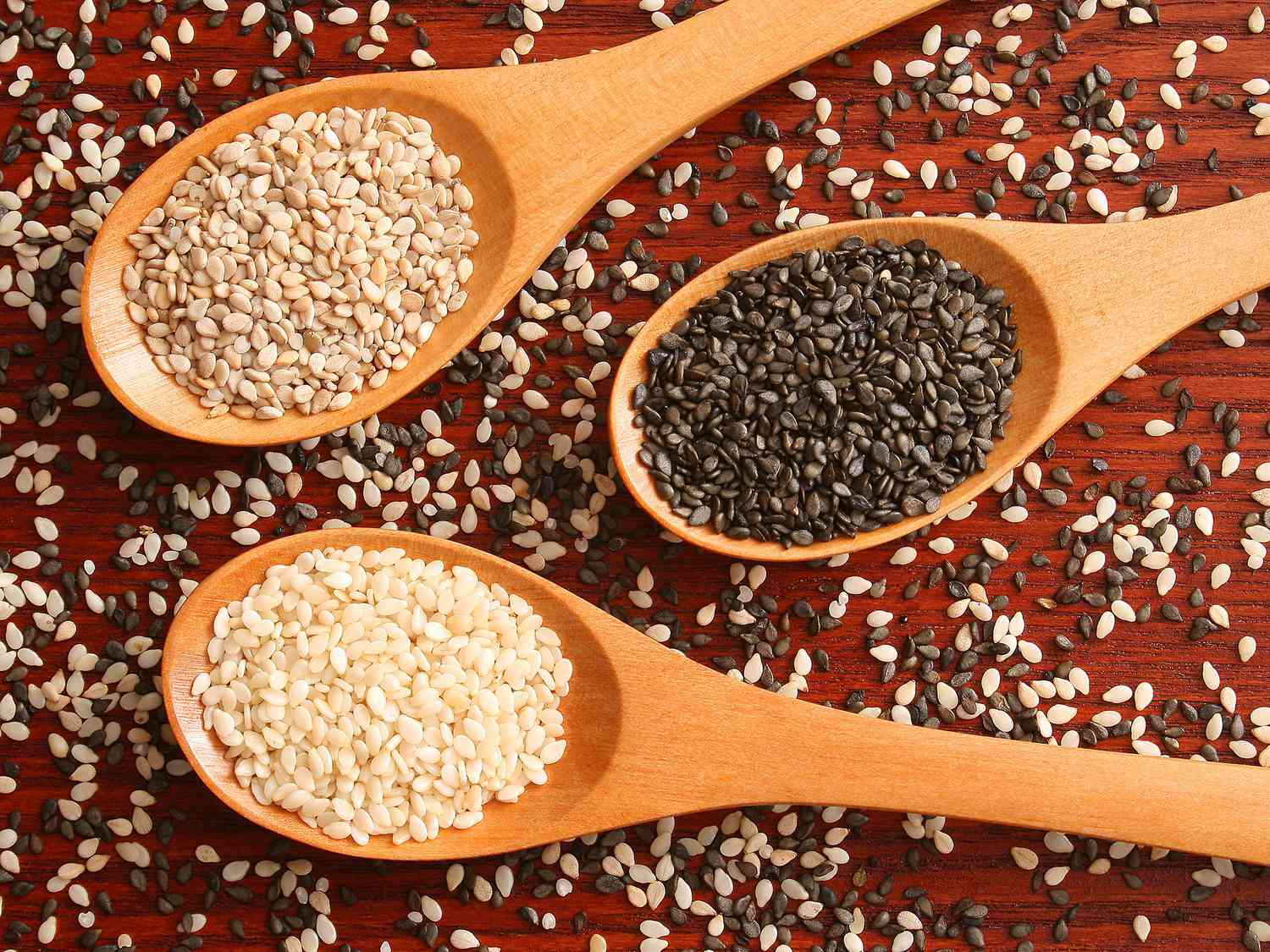
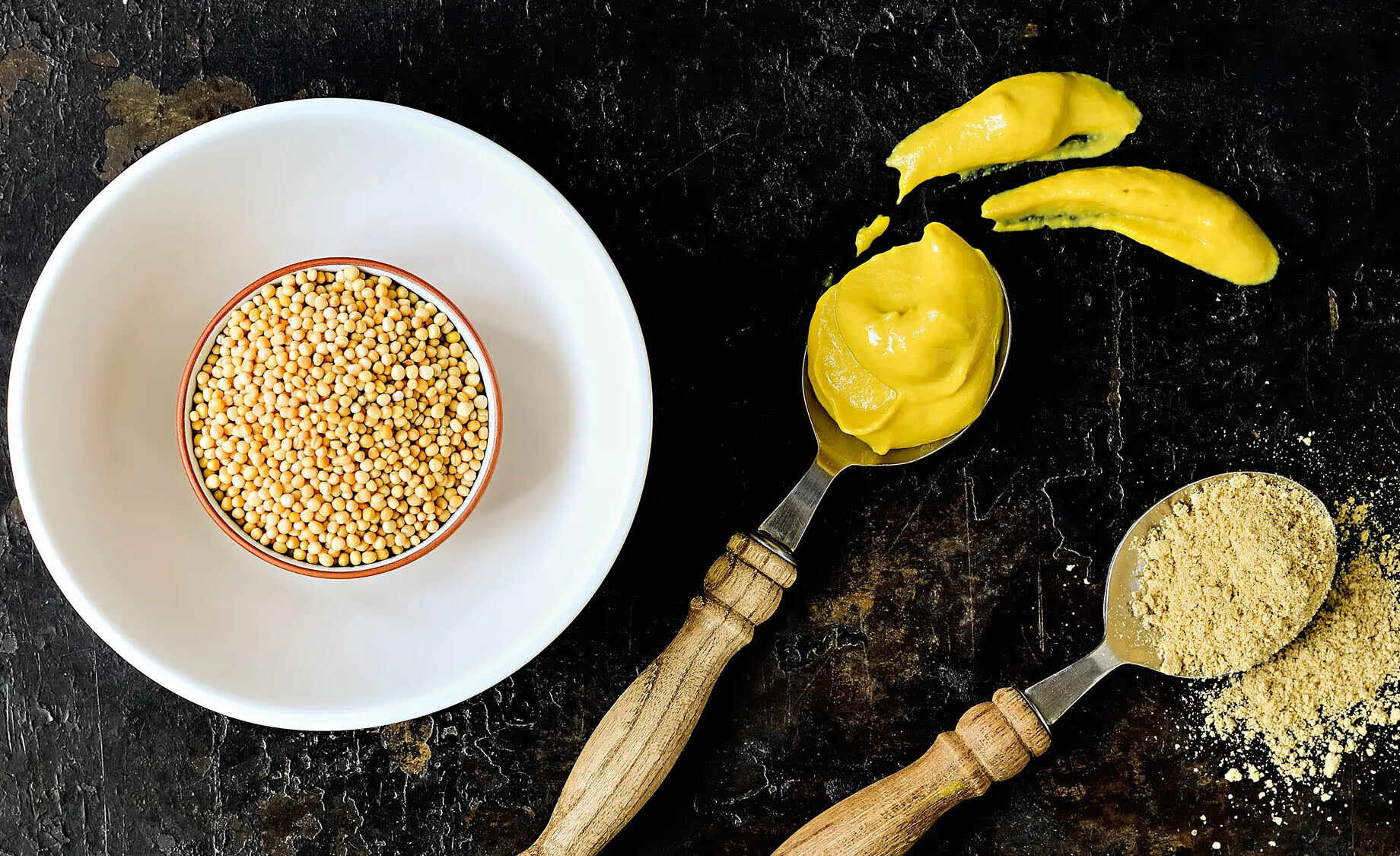
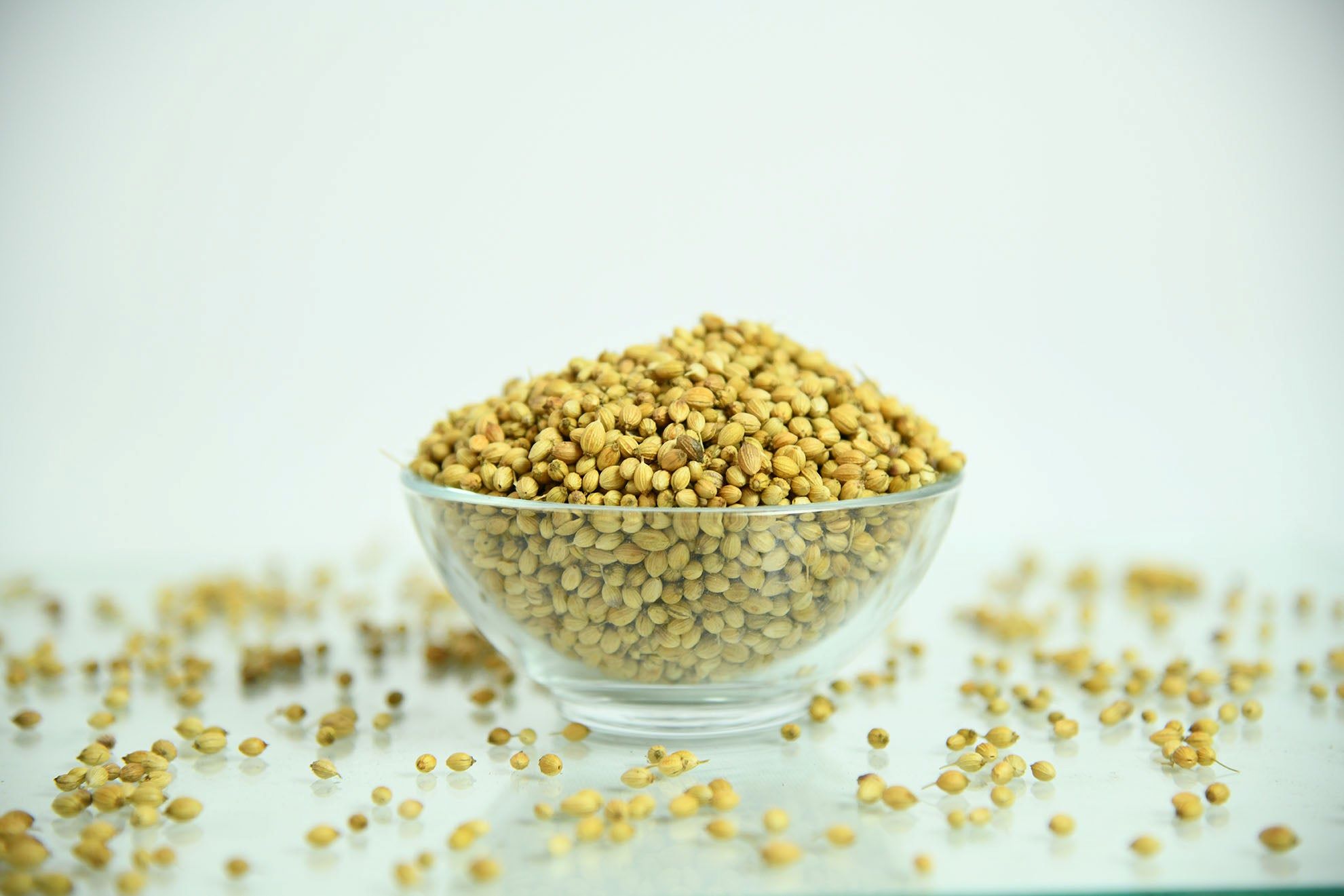
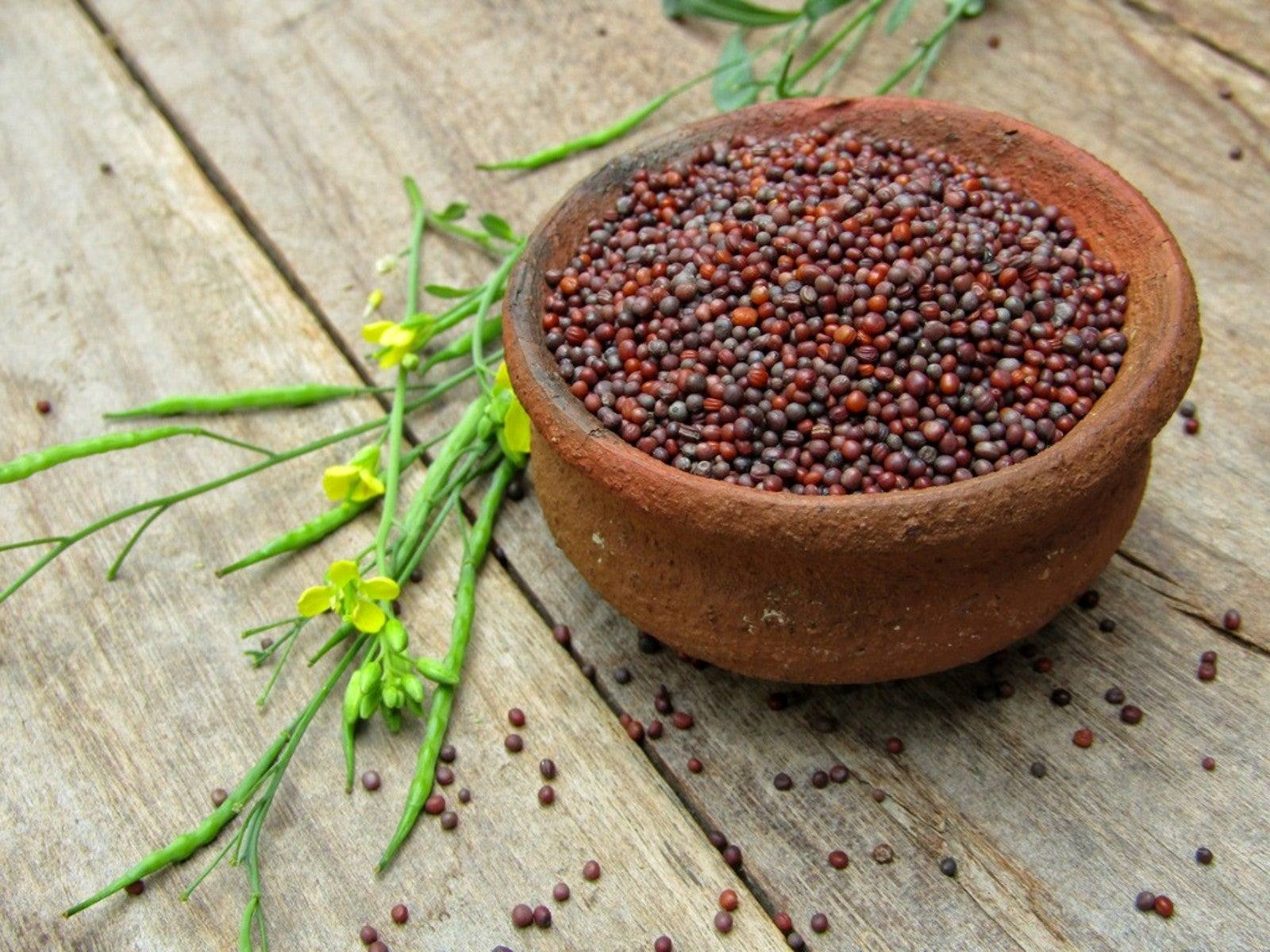

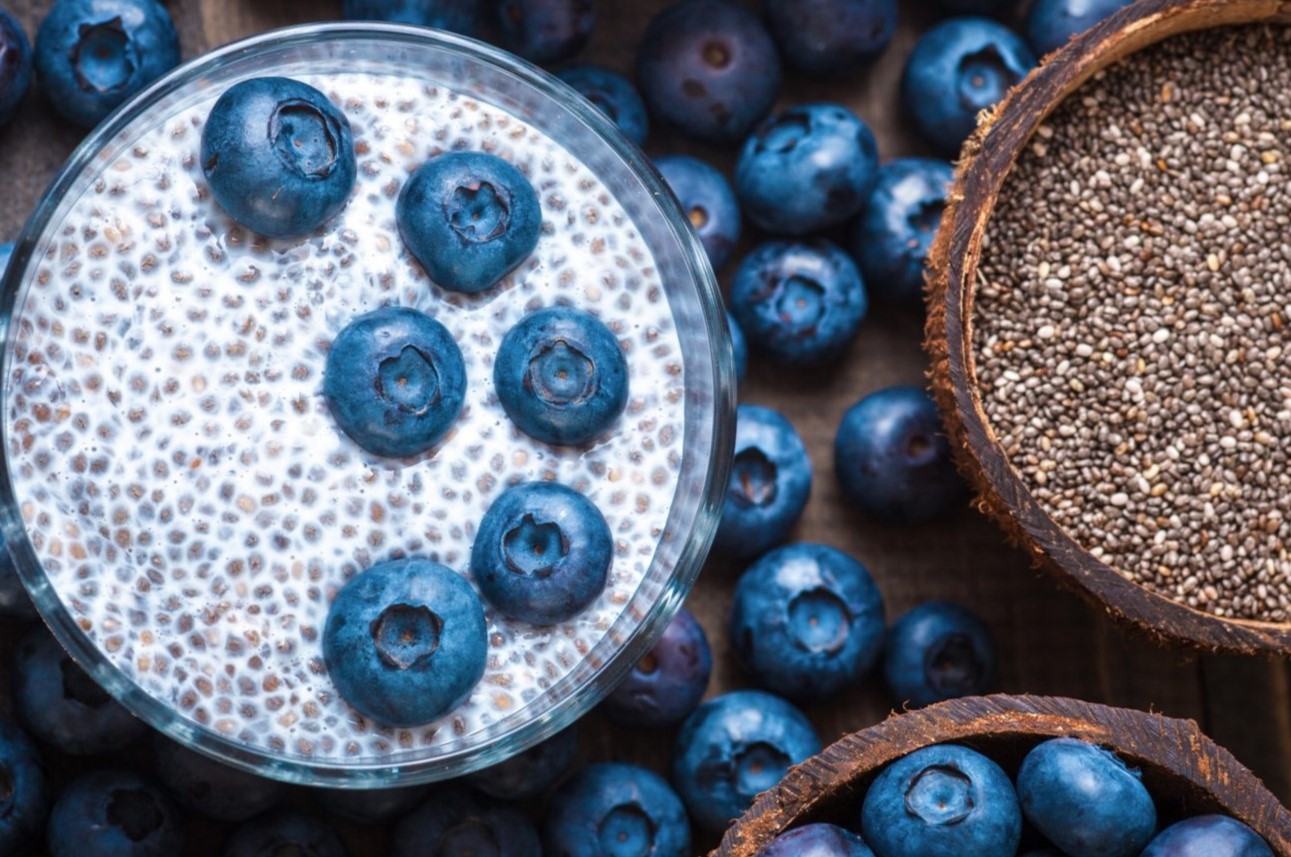
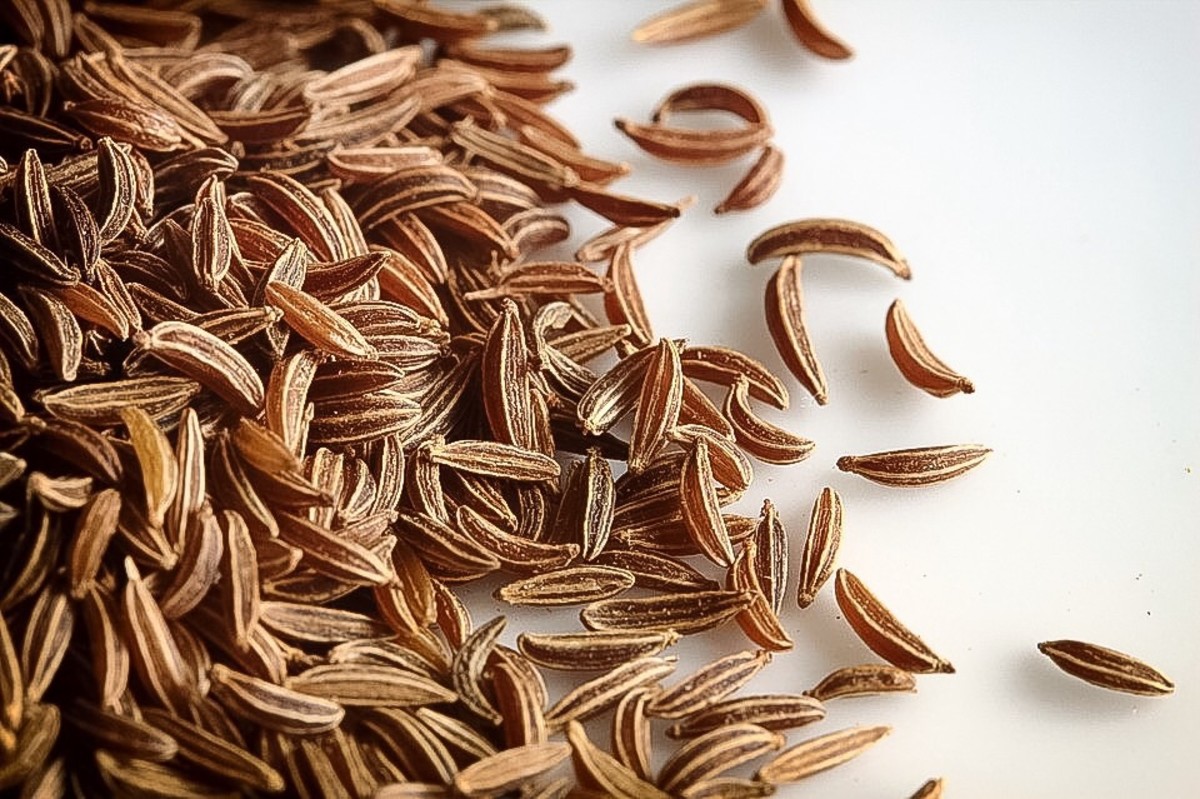

0 thoughts on “What Are Cumin Seeds Used For”